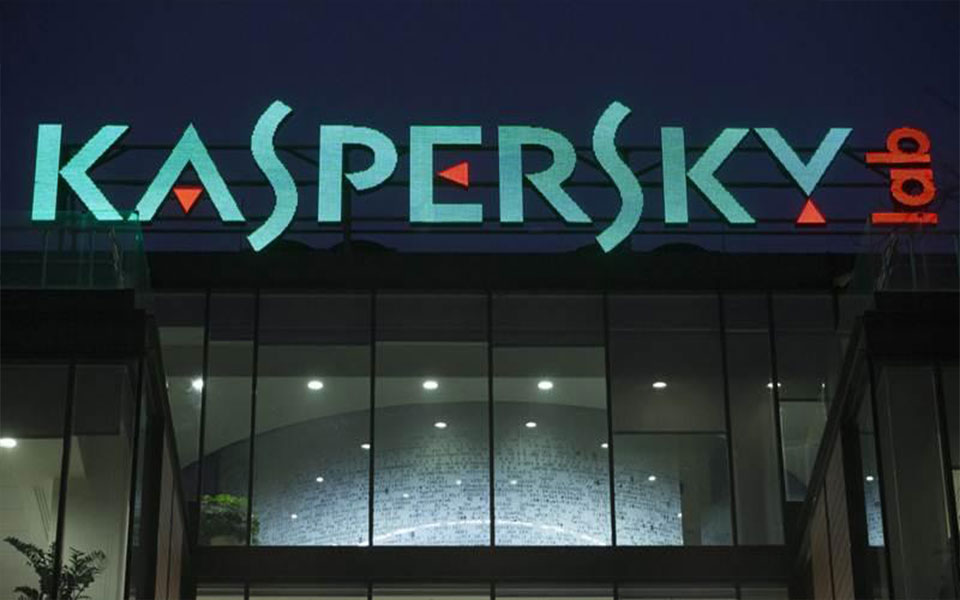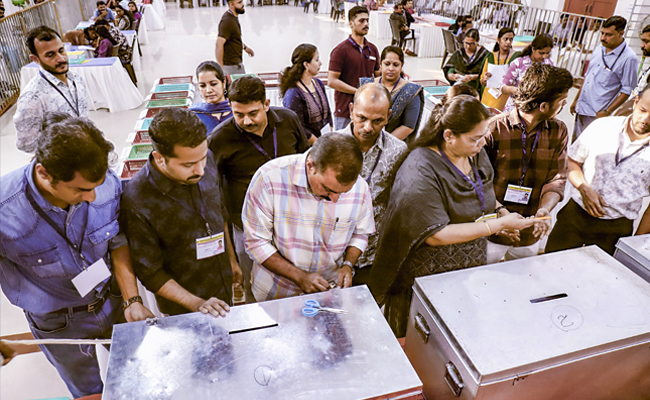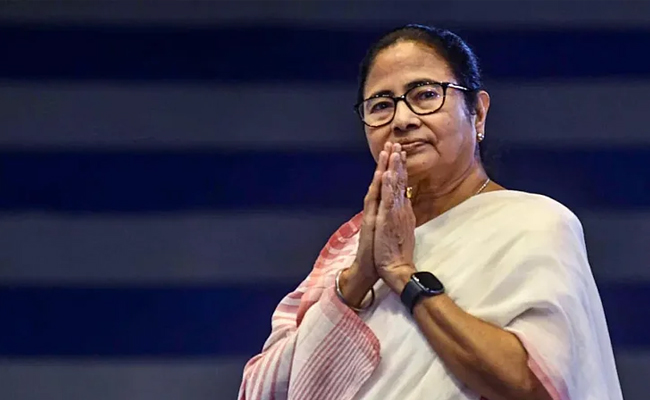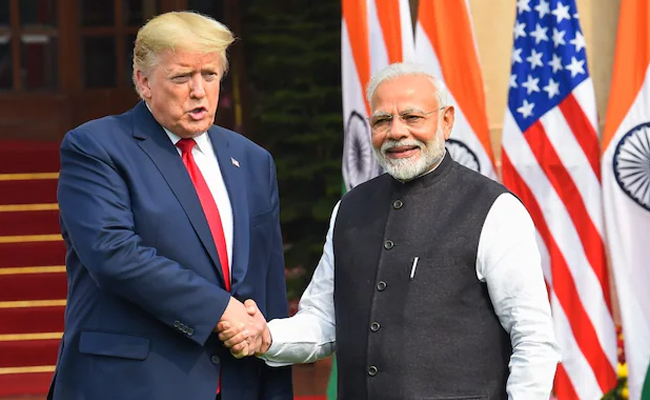April 21: Twitter has banned Russia-based cyber security firm Kaspersky Lab from advertising on its platform, stating that the company "operates using a business model that inherently conflicts with acceptable Twitter Ads business practices."
In an open letter to Twitter CEO Jack Dorsey, Kaspersky Lab's Founder Eugene Kaspersky has termed the move as "potential political censorship".
"At the end of January, Twitter unexpectedly informed us about an advertising ban on our official accounts where we announce new posts on our various blogs on cybersecurity (including, for example, Securelist and Kaspersky Daily) and inform users about new cyberthreats and what to do about them," Eugene wrote on Friday.
"In a short letter from an unnamed Twitter employee, we were told that our company 'operates using a business model that inherently conflicts with acceptable Twitter Ads business practices,'" he added.
Kaspersky Lab spent around $93,000 to promote its content on Twitter in 2017 and its India advertising share on Twitter was around $13,580.
"No matter how this situation develops, we won't be doing any more advertising on Twitter this year.
"The whole of the planned Twitter advertising budget for 2018 will instead be donated to the @EFF. They do a lot to fight censorship online," Eugene tweeted on Saturday.
According to a report in Cyberscoop, a Twitter spokesperson pointed towards the September 2017 decree from US Department of Homeland Security (DHS) that ordered federal agencies to remove Kaspersky products from their networks.
"Kaspersky Lab may remain an organic user on our platform, in accordance with the Twitter Rules," a Twitter spokesperson told The Register.
"Twitter is playing into the hands of cybercriminals when it hinders the delivery of important information on protection from cyber threats," Eugene said.
"The majority of our promoted content on Twitter has been about cybersafety and research and reports about the information security industry. We believe that this content brings value to a variety of Twitter users."
"Twitter, if this is a matter of a decision being made in error, please openly admit this; people'd forgive you - everyone makes mistakes! I think that would be the only civilized way to quash any doubts about potential political censorship on Twitter," Eugene said.
The Kaspersky Lab founder said that more than two months have passed and the only reply he received from Twitter was the copy of the same boilerplate text.
"Accordingly, I'm forced to rely on another (less subtle but nevertheless oft and loudly declared) principle of Twitter's - speaking truth to power - to share details of the matter with interested users and to publicly ask that you, dear Twitter executives, kindly be specific as to the reasoning behind this ban," he said.
Let the Truth be known. If you read VB and like VB, please be a VB Supporter and Help us deliver the Truth to one and all.
Thiruvananthapuram (PTI): Buoyed by the strong performance of the Congress-led UDF in the local body polls, KPCC president Sunny Joseph said on Saturday that the front's results indicated the people had rejected the LDF government.
According to early trends, the UDF was leading in more grama panchayats, block panchayats, municipalities and corporations than the LDF.
The local body polls were held in two phases in the state earlier this week.
ALSO READ: Cong candidate who moved Kerala HC for name reinstatement in voter list, wins
Speaking to reporters here, Joseph said the people of Kerala had extended their support to the UDF.
"We could expose the LDF government’s anti-people stance and the people understood it. The LDF’s fake propaganda was rejected by the people. The UDF is moving towards a historic victory," he said.
He said a united effort, proper preparations, good candidate selection and hard work had resulted in the Congress and the UDF’s victory in the elections.
Asked about the prospects in the Thiruvananthapuram Corporation, Joseph said the party was studying the matter and would comment later.
LDF convenor T P Ramakrishnan said the results would be closely examined.
According to him, the government had done everything possible for the people.
"Why such a verdict happened will be examined at the micro level. People’s opinion will be considered and further steps will be taken," he said.
He added that decisions would be taken after analysing the results. "If any corrective measures are required, we will initiate them and move forward," he said.
AICC leader K C Venugopal said the results showed that people had begun ousting those who, he alleged, were responsible for the loss of gold at Lord Ayyappa’s temple.
"This trend will continue in the Assembly elections as well. It is an indication that the people are ready to bring down the LDF government," he said.
Venugopal said the UDF had registered victories even in CPI(M) and LDF strongholds.
"I congratulate all UDF workers for their hard work. Congress workers and leaders worked unitedly," he said.
Referring to remarks made by Chief Minister Pinarayi Vijayan against the Congress on polling day, Venugopal said the voters had responded through the verdict.
"I do not know whether the chief minister understands that the people are against him. Otherwise, he does not know the sentiment of the people. The state government cannot move an inch further," he said.
He said the results indicated a strong comeback for the UDF in Kerala.
Asked whether the Sabarimala gold loss issue had affected the LDF in the local polls, Venugopal said the CM and the CPI(M) state secretary did not take the issue seriously.
"We took a strong stand on the matter. The BJP played a foul game in it," he alleged.
On the BJP's role in the local body elections, Venugopal alleged that the party operated with the CPI(M) 's tacit support.
"The CPI(M) supported the central government on issues such as PM-SHRI, labour codes and corruption in national highway construction. The CPI(M) is facing ideological decline, and the state government’s policies are against the party’s own decisions," he said.
Meanwhile, LDF ally Kerala Congress (M) leader Jose K Mani said the party could not win all the wards it had expected in the elections.
He congratulated winners from all parties and said the party would closely examine the losses and identify shortcomings. "Later, we will take corrective measures," he added.
Senior Congress leader and MP Rajmohan Unnithan said the trends in the local body elections indicated that the UDF would return to power in the 2026 Assembly elections.
"We will win 111 seats as in 1977 and return to power in 2026. The anti-government sentiment of the people is reflected in the elections," he said.
Unnithan said the people were disturbed and unhappy with the present government.
"The trend indicates the end of the LDF government," he added.
CPI(M) MLA M M Mani said the people had shown ingratitude towards the LDF despite benefiting from welfare schemes.
"After receiving all welfare schemes and living comfortably, people voted against us due to some temporary sentiments. Is that not ingratitude," he asked.
Mani said no such welfare initiatives had taken place in Kerala earlier.
"People are receiving pensions and have enough to eat. Even after getting all this, they voted against us. This is what can be called ingratitude," he said.
Muslim League state president Panakkad Sayyid Sadiq Ali Shihab Thangal said the results were beyond expectations.
"The outcome points towards the Secretariat in Thiruvananthapuram, indicating that a change of government is imminent. We are going to win the Assembly election," he said.





